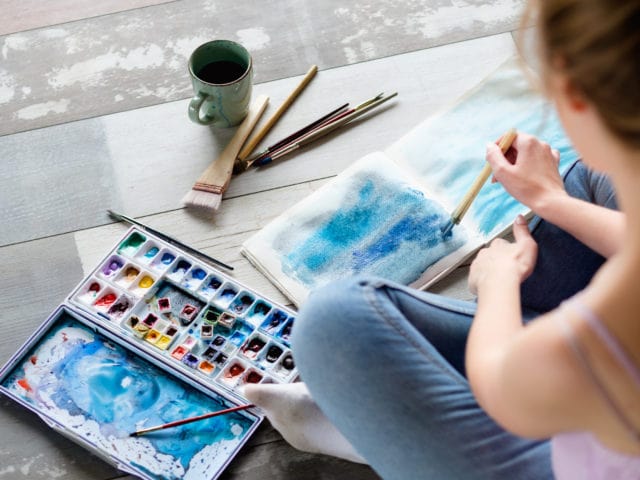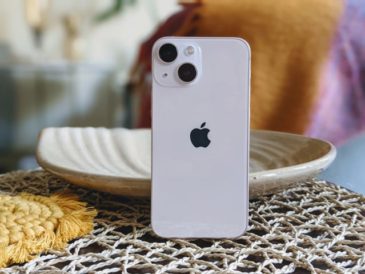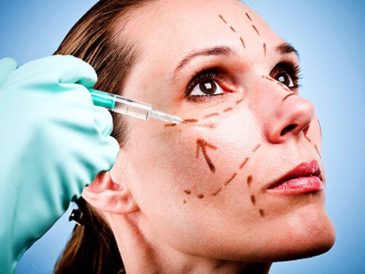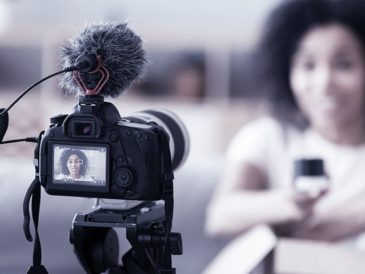Continuing scientific education. The Scientific Continuing Education Art Therapy is currently being developed from the ‘Scientific Continuing Education Social and Curative Art Therapy’, which has been in existence for 20 years, and imparts introduction to art therapy practical skills that go beyond social and curative education. The process is being restructured with teaching phases that build on one another. The exact modification will be developed in the further development of new modules with inclusion of scientific aspects with the new co-operation with the Pedagogical University Freiburg and the University Clinic Freiburg.
Continuing Education Development Award (CEDA)
The further development of the Continuing Education Art Therapy is supported by the prize money of the Continuing Education Development Award (CEDA) 2018. This award is presented by the Albert-Ludwigs-Universität Freiburg and the Hochschule Furtwangen within the framework of “Weiter in Südbaden” and is supported by the ESF funding programme “Development and expansion of structures for scientific continuing education at universities in Baden-Württemberg”.
Art therapy
Art therapy is an independent procedure in the fields of social rehabilitation, health science and curative education. It enables inner psychic or psychomotor processes to be expressed and rearranged with the help of visual means. With the help of painterly, plastic or graphic media and methods, non-verbal means of expression are made available in a suitable way, so that they can have a positive effect on processes of change and resources can be strengthened, supporting and supplementing other measures.
The teaching content of the scientific further education Art Therapy should enable graduates to apply art therapy in preventive, acute, rehabilitative, inpatient and outpatient group and individual settings. The further education is equally practice-oriented and knowledge-based and conveys in a balanced ratio:
Technical and methodological knowledge, scientific work and the ability to acquire new knowledge and skills independently.
Art therapeutic competences in the application in the field of practice
A variety of methods, interventions and multimodal approaches for practicing application-relevant action knowledge and reflecting on it in a self-experiencing way.
Documentation and Evaluation of Art Therapeutic Processes
In model-like workshop and studio spaces, artistic-practical and art-therapeutic-methodical design and, at the same time, an organization of the provision of materials.
Target Group
For the scientific further education art therapy external across the board interested people from universities or interested people who are active in health science, social and curative education, pedagogical or artistic professions can apply.
Continuing education comprises two phases. The basic phase (0.5 years) is a prerequisite for entering the intensive phase (2.5 years).
Basic Phase
The basic phase is designed for 0.5 years. In the three modules of this basic qualification an orienting insight into art therapy is given and a practical acquaintance with the visual-plastic media and exemplary interventions is made possible. They only take place in the winter semester (December, January, February) and must have been attended as a prerequisite for entering the intensive phase of further education.
A certificate of participation will be issued upon successful completion of the basic phase.
Intensive Phase
The teaching content of the two-and-a-half-year intensive phase of continuing education is divided into 26 modules, each with 18 units (Fr./Sa.). The topics taught are the basics, media, methodology and practical fields of art therapy, as well as self-experiential mediation of art therapy interventions, accompanied small group work in mentor groups, artistic workshop work and projects.
Scientific thesis, which may include, for example, a case presentation
A final colloquium lasting several days in which the artistic / art-therapeutic career, the art-therapeutic practice and the final thesis are presented.
The proof of regular participation in seminars, mentoring groups and the Artistic Workshop is kept in the form of a study book.
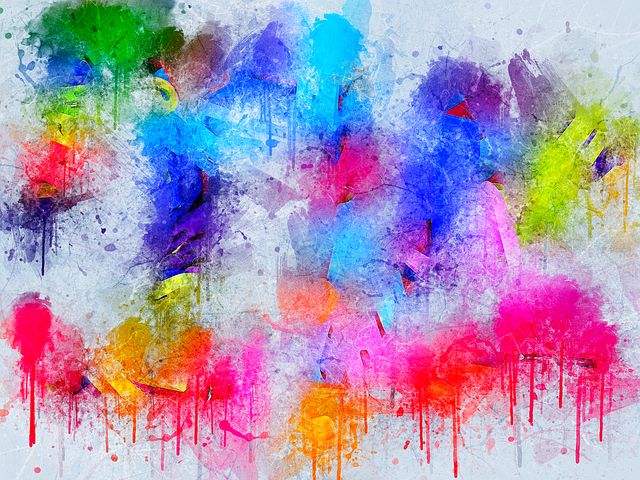
The scientific continuing education art therapy at the IAF comprises a total of 2,700 teaching and learning units and meets the training standards of the professional associations DGKT (Deutsche Gesellschaft für künstlerische Therapieformen e. V.) and DFKGT (Deutscher Fachverband für Kunst- und Gestaltungstherapie e.V.). It enables the acquisition of the certificate “Kunsttherapeut(in)” (art therapist) by a written final thesis and by the completion of a several-day final colloquium with artistic art therapeutic presentation. It entitles the holder to further graduation in DGKT and DFKGT.
In four modules, an orienting insight into art therapy is given and a practical acquaintance with the visual-plastic media and exemplary interventions is made possible.
The supplementary teaching program is part of the basic phase of the scientific continuing education art therapy. This further education comprises two phases, the basic and the intensive phase. Students at the Catholic University of Freiburg can complete the basic phase within the framework of the supplementary teaching programme EKT – Introduction to Art Therapy. It is designed to last 0.5 years and is a prerequisite for entry into the two-year intensive phase.

